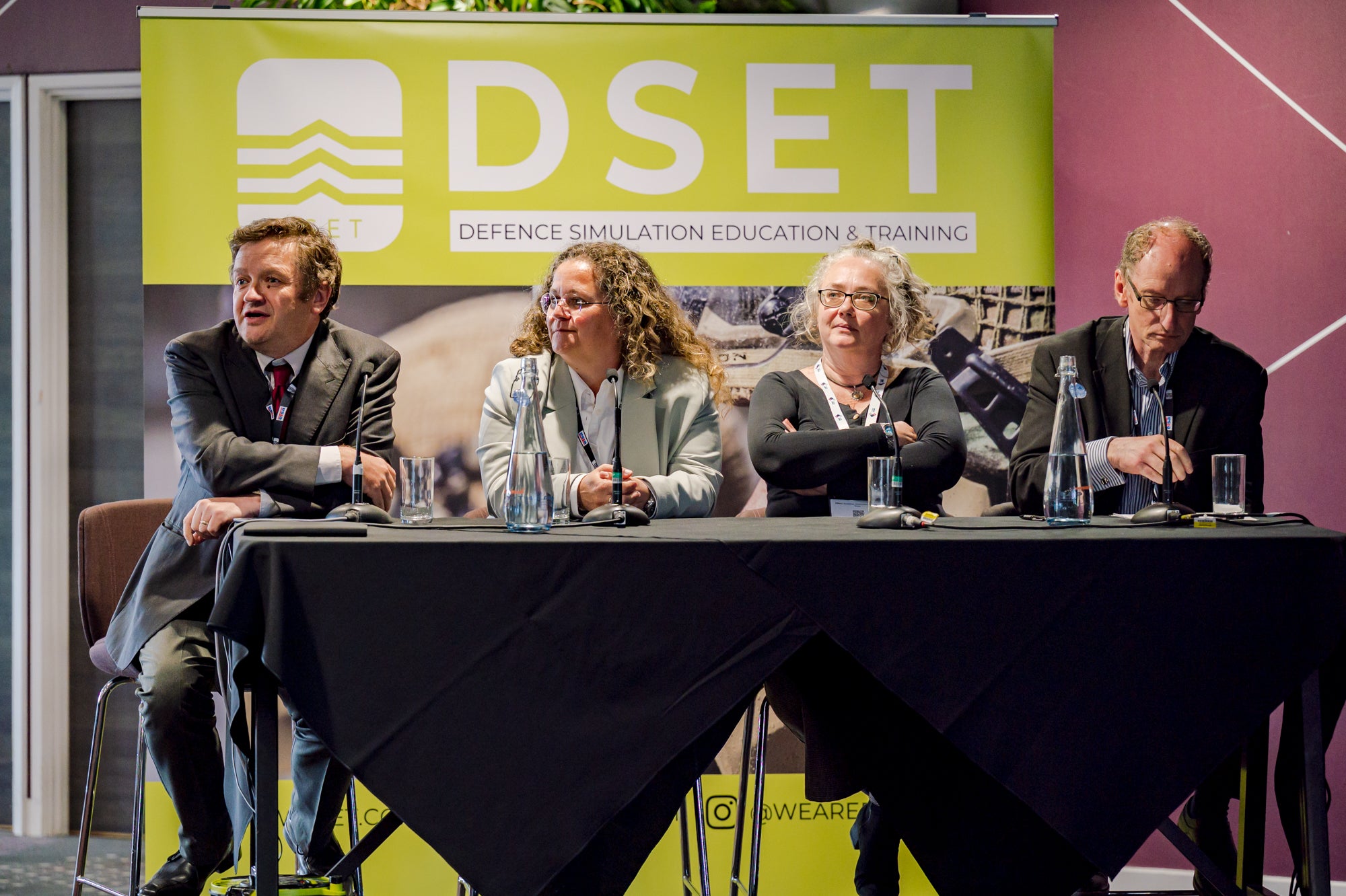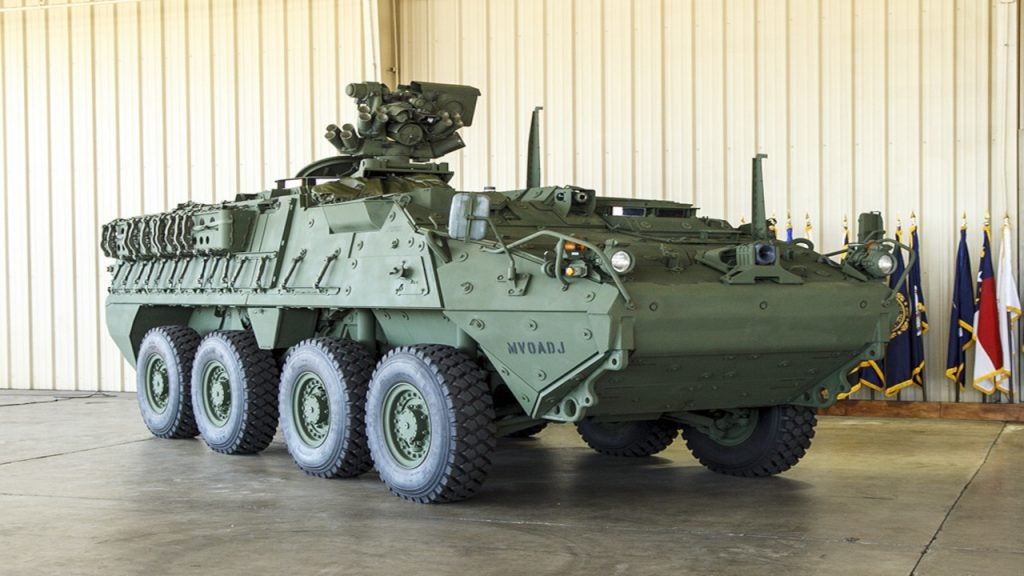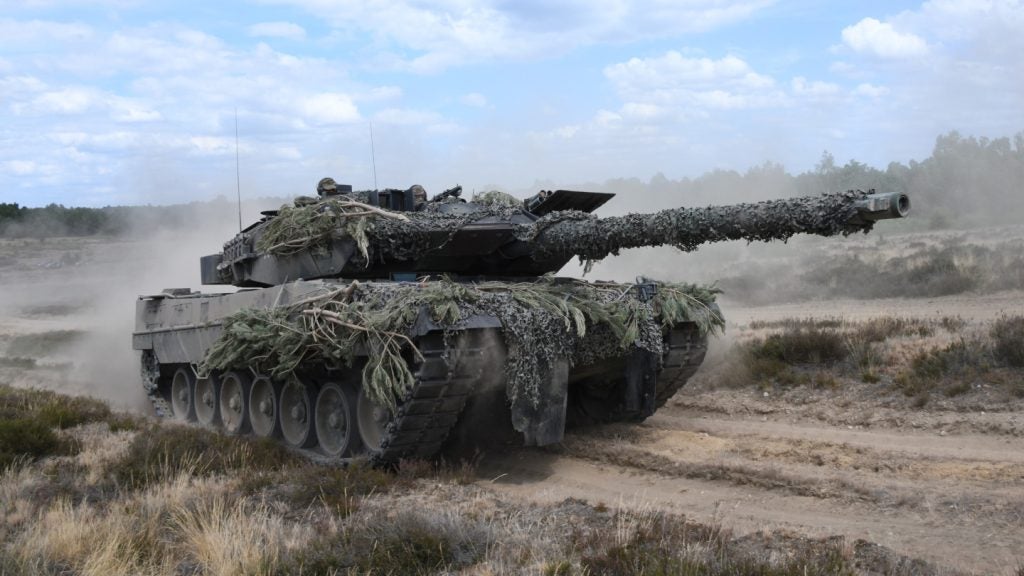
In a recent keynote speech at the DSET (Defence Simulation Education & Training) conference, Heather Goldstraw from Cranfield Defence and Security highlighted wargaming’s strategic and tactical advantages in the defence industry.
Wargaming, which encompasses a diverse range of defence simulations, as far stretched as defence procurement wargames, has proven to be an effective tool for improving decision-making processes and training.
Goldstraw emphasised the strategic nature of wargaming, noting that it plays a crucial role in educating and continuously supporting development.
By engaging in wargaming exercises, decision-makers gain a deeper understanding of strategic concepts, leading to more informed and successful decisions.
Additionally, wargaming provides a platform for managers and operators to train, maintain, and practice operational decision-making, enhancing overall success in their roles.
Better informed, successful decisions
Strategic decisions require robust evidence and assumptions that can withstand assurance, scrutiny, and audits. Goldstraw emphasised the need for inclusivity and the consideration of diverse perspectives to ensure comprehensive and effective decision-making.
According to GlobalData’s “The Global Military Simulation and Training Market Forecast 2022-2032“, the global military simulation and training market, valued at $28.9bn in 2022, is projected to grow at a CAGR of 2.6% over the forecast period. It is expected to reach $37.2bn by 2032 and cumulatively value $352.7bn over the forecast period.
Enabling the future to grasp complexities
During the conference, Professor David Manley from Naval Architecture at University College London (UCL) shared examples of how wargaming is utilised for training students and raising awareness in maritime and joint operations. At UCL, wargaming is employed to assess design options, understand mission success factors, and evaluate operational effectiveness.
From littoral operations to the platform and UXV survivability, wargaming enables students to grasp the complexities of real-world scenarios and make informed decisions.
The presentation further highlighted matrix, commercial, and task force-level internal games at UCL for strategic and operational purposes. Additionally, tactical games like “A Balanced Fleet” are instrumental in surface ship design support, allowing a detailed representation of student designs and assessing self-defence capabilities and ship survivability.
Specialist topics such as seabed operations were also addressed, covering areas like seabed warfare vessels, national infrastructure protection systems, and critical seabed infrastructure surveillance. The RCAT (Rapid Capability Assessment Tool) was mentioned as an effective means of evaluating operational-level scenarios, such as crises and their impact on naval operations.
The conference emphasised the need for inclusive and comprehensive approaches, encouraging attendees to consider diverse perspectives and ensure that their activities align with the rigorous scrutiny and assurance processes that govern decision-making in the defence sector.
Large international defence businesses have invested in wargaming simulation training systems, German-based company Rheinmetall supplied wargaming simulation training systems to undisclosed customers in the Middle East / North Africa (MENA) region as far back as 2014.
BAE Systems were to build a prototype design for a new Wargaming Centre for the US Marine Corps in a $19m contract in 2020. BAE Systems will integrate advanced technologies into the prototype, such as artificial intelligence (AI), machine learning, and predictive data analytics.







